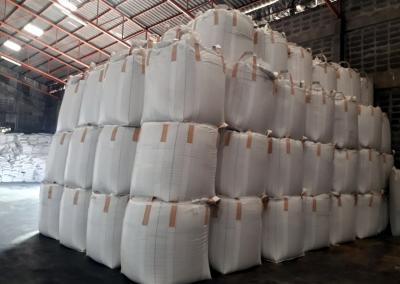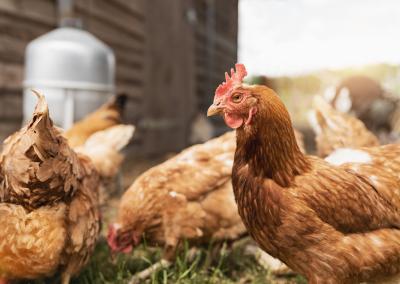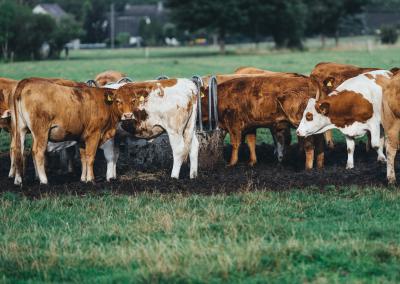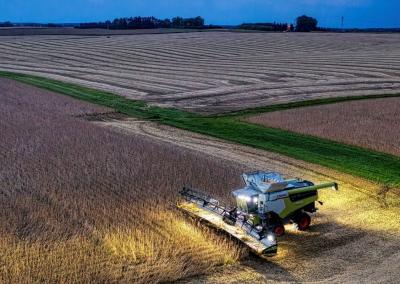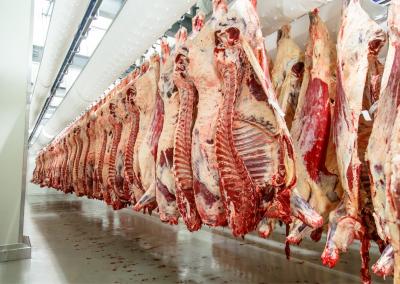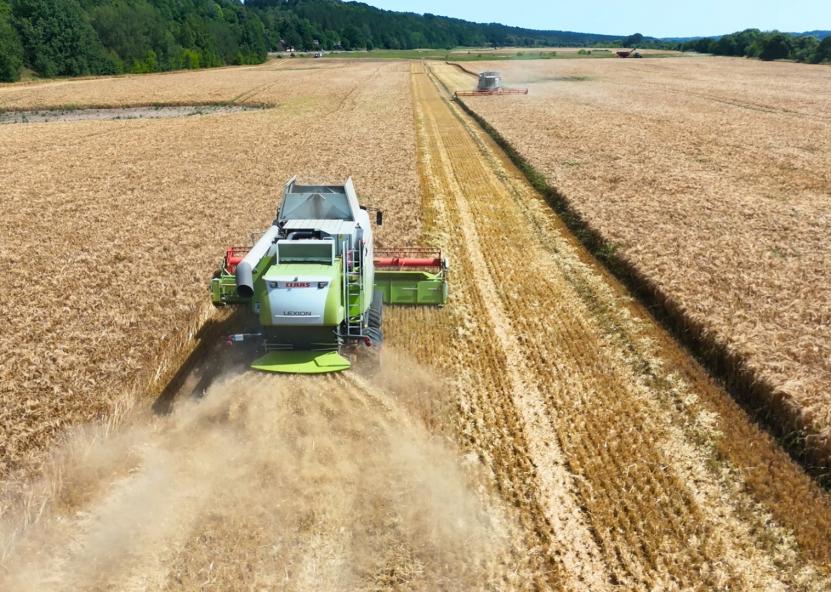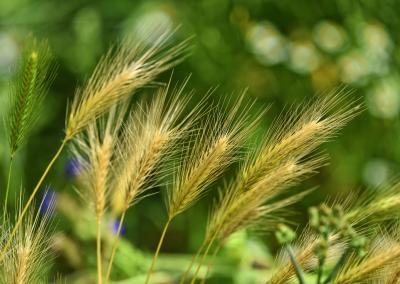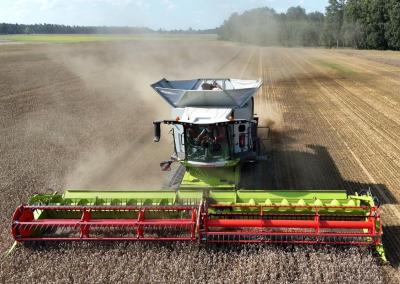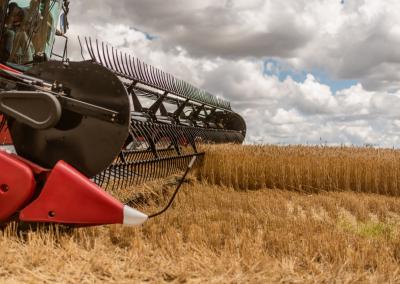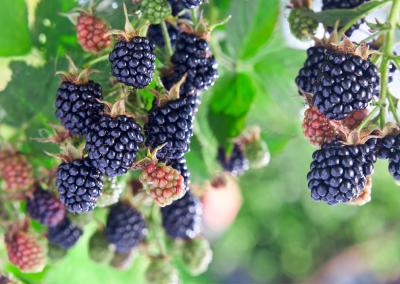Farmers affected by heavy rains need help. Will it come?
It is probably safe to say that this year has not been a good one for farmers, from spring frosts to heavy rain. The latter has led to a nationwide state of emergency. Some farmers are still in the fields with their harvesters, trying to reap the rest of the harvest, while others are slowly starting to count the losses. Can farmers expect compensation, support from the State or the European Commission?
Crops rotting in the fields
„The situation is complex, with fusariosis, low gluten counts, low weight per hectolitre, and sprouted grains found in the grain at the time of marketing. There are a lot of challenges," Audrius Vanagas, chairman of the Lithuanian Grain Growers Association (LGAA), says of the problems farmers are currently facing.
The crop is wet. So farmers are trying to dry the grain, putting it into storage, but the situation when it comes to selling it remains unclear and very uncertain.
„Some farms will not take 10-20% of the crop at all – we are talking here about the pea areas that are now left in the fields. They will remain as green fallow land. Elsewhere, the fields are flooded, there is standing water in the fields, they have not dried up, and it is possible that in some places they will not dry up. Therefore, even autumn sowing will not take place in these areas. It's complicated," continues Mr Vanagas.
Help wanted...
LGAA President Vanagas pointed out that he had approached the Ministry of Agriculture on behalf of the Association in early August. At that time, the request was not only to declare a national emergency, but also to seek assistance from the European Commission at the same time.
„We know that this year we are not only facing a disaster – high rainfall which has delayed the harvest. In north-western Lithuania, the threshing process for winter crops is still in full swing – there are unthreshed wheat and even oilseed rape fields, and summer crops have not been approached at all. The quality of crops this year is low. In addition, the lowest cereal prices on the markets for 10 years are also prevailing. This is a difficult situation and help is needed," said Mr Vanagas. The LGAA chairman also noted that the association had also appealed to „Ilte“ to grant preferential terms for working capital loans.
„We will see if all this will yield any results“, – stated A. Vanagas.
...but it probably won't
„It is generally too early to talk about support for those affected by the long rainy season. The emergency was declared to ease the burden of responsibilities on farmers. Farmers receive support for additional activities when declaring their crops – for post-harvest, for grassland maintenance, for fallow land. Declaring an emergency allows farmers to carry out these activities without being affected and to receive support," explains the situation, according to the Interim Minister for Agriculture, Ignas Hofmanas.
„There is no money at the moment. We have appealed to the European Commission, but it is possible that the reserve fund will be exhausted, because other countries have also suffered and have been affected," continued the Minister. However, he noted that financial assistance would be available to gardeners, horticulturalists and berry growers who had suffered from frost in the spring.„It is too early to talk about compensation for the losses suffered during the rainy season. But unfortunately the possibilities for compensation are minimal," concluded the interim Minister for Agriculture, Mr Hofman.


